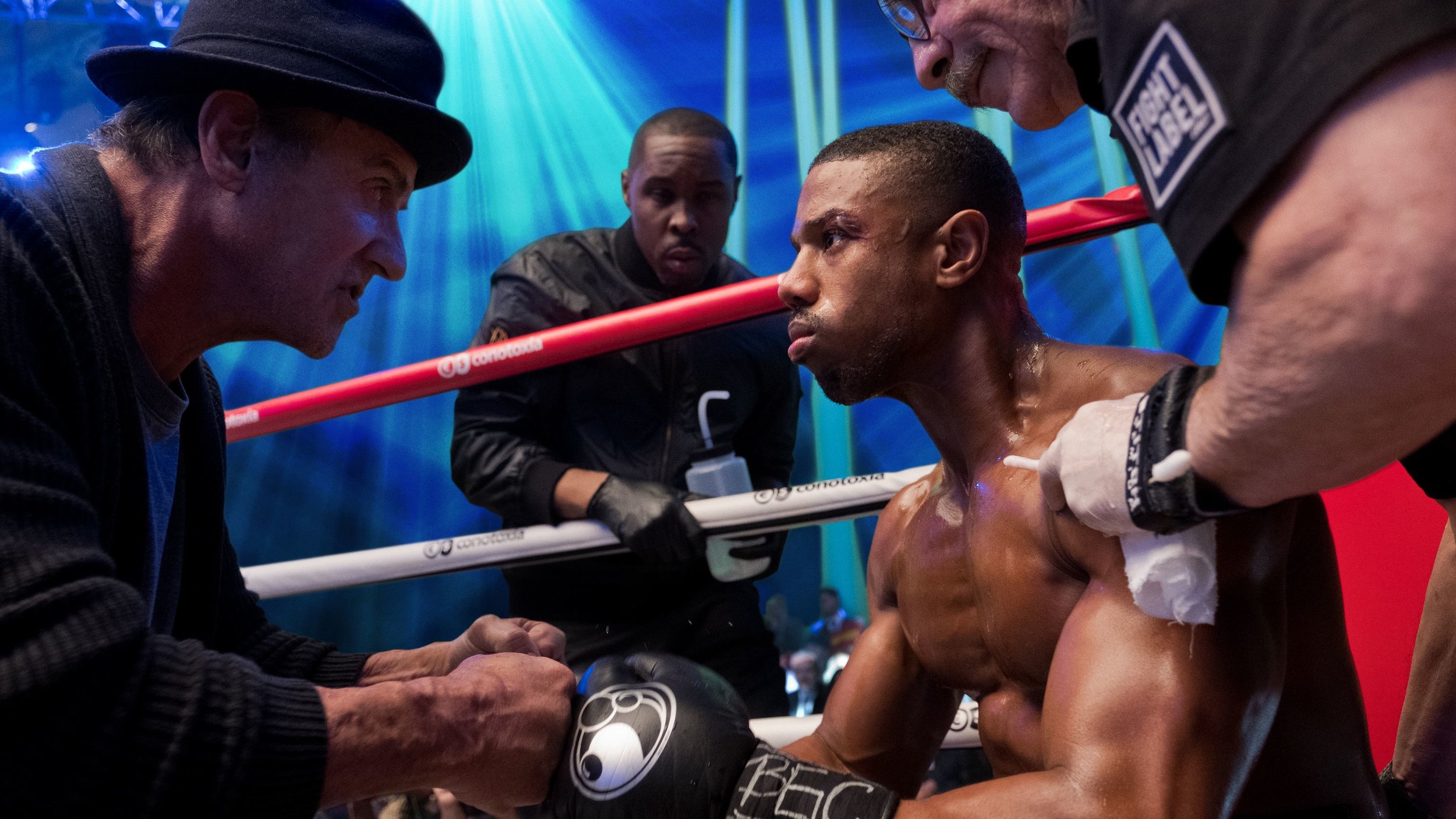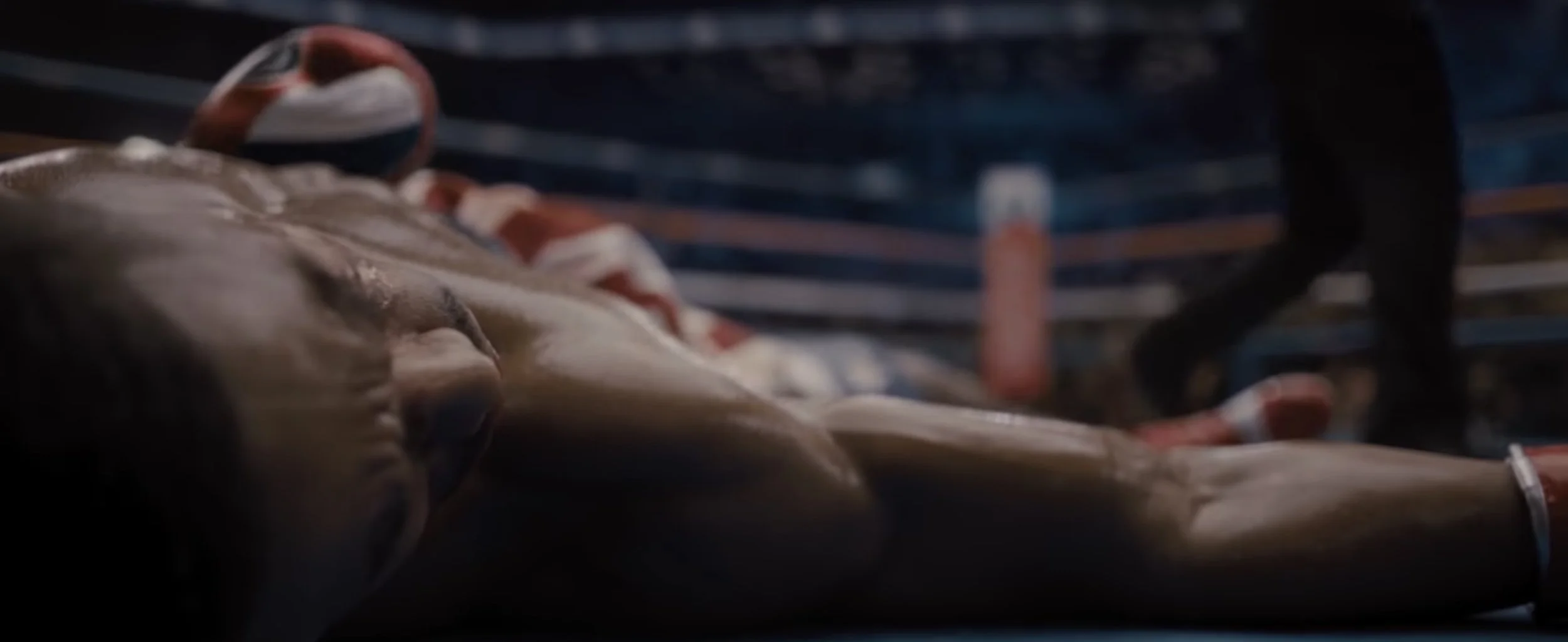Review by Zach Dennis
Athletic achievement is defined by legacy and legacy is defined by lasting achievement on the field.
A discussion of an athlete’s merits begins and ends with what mark they left on the game. Something tangible, nothing too abstract — he had this many championships, she had this many most valuable player awards, he scored this many goals on the international stage.
It’s intended, and in no way passive, to digest athletic achievement in this fashion. The banners that hang in an arena and the trophies in the hall don’t express the personal inertia exerted to attain the victories. Athletes aren’t compensated with their families and outside lives in mind, necessarily; we would like to think so, but at the end of the day, a sports team is as much as business as a retail store or technology firm.
The players see gold and the owners see green.
Over the past few years, the concept of legacy has been contorted in sports as a shift towards the players’ own agency or in a (personally) more degrading term — brand — has superseded the more traditional concept of legacy towards team, city, etc. A personal responsibility to think first about what is best for them — the athlete — has become more paramount to abiding by antiquated concepts of duty or obligation (just ask Kevin Durant, LeBron James, Earl Thomas or Le’Veon Bell).
An injury can be catastrophic for someone in this line of work, and the arguments by someone like Thomas or Bell are astute when they say they’d like to have a bed of security before hitting the field and possibly jeopardizing their livelihood, all in the name of entertaining people on a Sunday afternoon.
Which makes the decision by Adonis Creed (Michael B. Jordan) to get into the ring to face Viktor Drago (Florian Munteanu) all the more frustrating. On one hand, it’s asinine to make this complaint as this bout is not based in reality, but within the confines of a movie.
But for the sake of narrative hypothetical, let’s bite.
Adonis has nothing to gain from this fight. Naturally, the events of Rocky IV and the death of his father, Apollo, by the hands of Viktor’s father, Ivan (Dolph Lundgren), are the clear motivator in his decision to take on the Russian’s son. But as many of his confidants point out — he didn’t know his father and this isn’t about him. This fight is seeped in a revenge fantasy perpetrated by Ivan to regain his glory that dissipated when he lost to Rocky (Sylvester Stallone) in the fourth movie of the series.
We find Ivan and his son living in public housing in the Ukraine where they train each day and fight in the evenings in order to catch a flicker of an opportunity to return to the ring on a big stage. The opportunity arises with Adonis as since the first Creed, he has climbed the ranks of the boxing world, culminating in the heavyweight champion of the world belt. Not only that, but he is engaged to Bianca (Tessa Thompson) with a child on the way.
Adonis has nothing to gain in this fight.
Creed was so aspiring not only because of the impeccable directing by Ryan Coogler (who returns to this movie in a producing role only) but by Coogler’s incredible focus on the nuances of modern masculinity (a topic I discussed in my review of the first movie). The frustrating part of this second Creed is that it picks up this beat again, but lacks the subversion that its predecessor possessed.
The argument is moot because, again….movie. But it’s justified under the umbrella of exploring masculinity in the context of what the franchise has established to this point.
Adonis has to fight Viktor because the narrative dictates it, but his reasoning is flawed — even by sports movie terms. He has to fight to defend his belt, but it doesn’t have to be Drago — any fighter will do.
His drive to fight the Russian is more motivated by the burdens and obligations of others — his father, Rocky, Ivan and a bevy of sports talking heads — and has nothing to do with what actually effects Adonis’ life. Mary Anne (Phylicia Rashad) says as much in the first movie of the series, and has the point illustrated visually over the course of both movies as her decadent, prestigious Beverly Hills home is vacant outside of herself and Apollo’s trophies.
His accomplishments range more than most other boxers, but they fill out an unused office space.
It’s taught that a relentless spirit will reward us on the playing field, but study after study after study have displayed deep physical and psychological tolls implanted on players who subject themselves to this bodily scrutiny for so long. So in the end what is more important? The green, the gold or neither?
Director Steven Caple Jr. spares no time displaying the physical prowess of Drago compared to Adonis — he towers over the heavyweight champion. The first fight is punishing. It lacks the visceral filmmaking that Coogler instilled (take a look at his one-take match or even the introduction to Adonis as an example), but the punches are still felt. Jordan takes hit after hit, crumbling into a rag doll in a way that wavers your understanding that this is a narrative and not real life.
He recovers, of course. There has to be a down for there to be a triumph and these movies demand a triumph but for a series so subversive to this point (or in the case of one movie before it), the triumph pales in comparison to the risk. The audience would be disappointed if Adonis didn’t get back in the ring to fight Drago — if anything, it would be unpatriotic for him not to dispel the Russian insurgence (or maybe laying down for him would be the ultimate American thing to do…)
It’s easy to recognize that he wouldn’t meet the same fate as his father. It would be nearly impossible to continue a Creed series unless they wanted to complete revamp it years later and following his child rather than Adonis. But the fight still rings a bit sour because it is driven by ego — driven by a desire to “prove himself,” a desire to quiet the chatter, a desire to right his wrongs.
Lying down and accepting fate is not a competitive fire. It wouldn’t motivate the audience to run to the movie and would probably inflame a number of message boards in the same way Star Wars: The Last Jedi did. Because at the end of the day, all of this — sports, movies, pop culture — is entertainment, and doing what is best for one’s self is not inherently entertaining.
Overall more engaging than Adonis’ story, Viktor and Ivan Drago shoulder even more of a burden to succeed than the young Creed, which makes their final moments even more touching. Over the course of the movie, Viktor’s clear disdain for following this path to the returned glory of his father is shown through the excellent facial work by Munteanu, and continues through his final fight.
As Ivan finally acknowledges his son as a human being rather than a specimen — something that transcends just Creed and enters the Rocky franchise territory and his own upbringing as a fighter — it’s subtle but effective (thanks in part to Lundgren also giving a wonderful performance).
We last see them returning to their workout routine, but with a much more conformational approach (both Ivan and Viktor working this time) and we get a glint of happiness that exceeds the ring and belts.
In the end, Drago lost but as he and his father jog on another cold morning in the Ukraine, they portray the champions and foretell a path the rest of the Creed franchise should follow.


